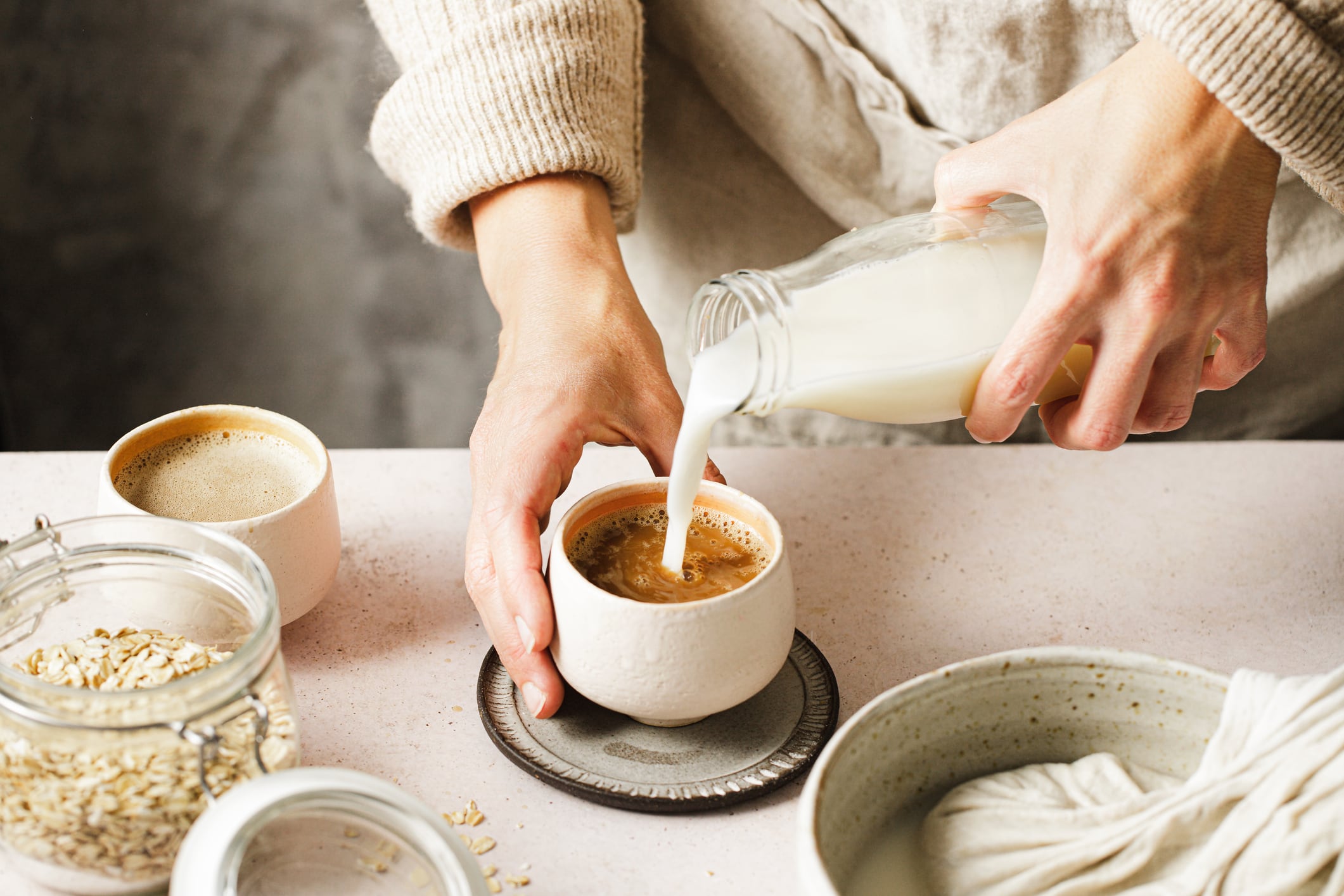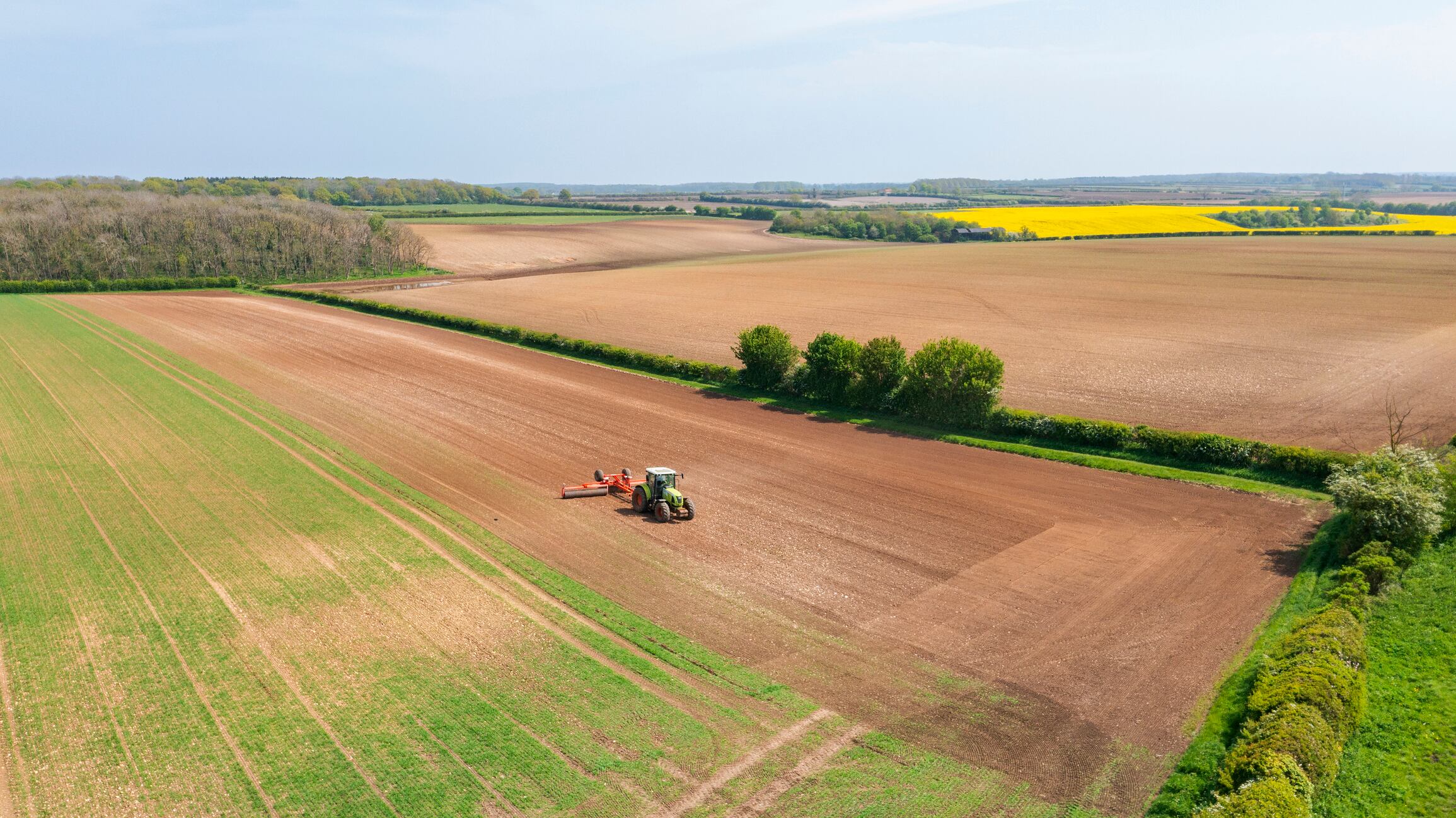Over the next five years, Suntory will invest £920,000 to accelerate work developing new varieties of berries with the James Hutton Institute that produce consistent yields in the face of the climate crisis.
The berries will be bred to withstand extreme weather, a challenge that are increasingly common in the UK. June 2025 saw more sunshine than the entirety of last year, leading many farms to struggle with severe water stress.
The programme will also focus on resistance to pests and diseases, particularly those that significantly impact blackcurrant yields. It will prioritise cultivars that can withstand major field pests and diseases, reducing the need for chemical control. Using molecular markers developed at the Institute, resistant plants to these threats can now be identified early in the breeding process.
Meanwhile, every potential berry type will undergo flavour and nutritional testing to ensure that the taste of Ribena is retained, while health benefits are potentially increased.
“This season’s weather extremes have shown that investment in fruit varietal breeding is vital to protect the future of both the blackcurrant crop and the growers who depend on it,” commented Harriet Prosser, agronomist at Suntory Beverage & Food Great Britain and Ireland.
“We look forward to working with the James Hutton Institute to make sure Ribena remains a beloved British favourite for generations to come.”
Dr Amanda Moura, soft fruit breeder at the James Hutton Institute, added: “At the James Hutton Institute, we are strongly committed to the development of a new generation of blackcurrant varieties that can continue thriving in the UK while adapting to the challenges posed by climate change and pests’ pressures.
“This work offers greater security and long-term sustainability to our growers and to the industry. It is a great pleasure to be part of a project like this and to contribute to a fruitful future for British blackcurrant production.”




